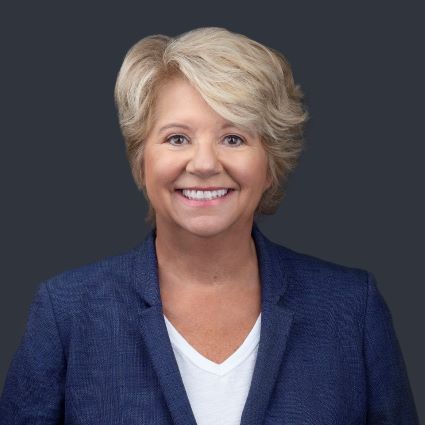During the course of home ownership, increased expenses or changes in your family income may make it difficult to pay your bills including your monthly mortgage payments. You should always keep your mortgage payments current if possible. But if you cannot continue to make your monthly mortgage payments for reasons beyond your control, please contact us to discuss various alternatives to foreclosure depending on your specific circumstances.
If your payment difficulties are temporary, you may qualify for one of the following options:
- Reinstatement - this is the payment of the total amount due in a lump sum by a specific date.
- Forbearance plan - this allows you to reduce or suspend payments for a short time and then bring your loan current. A forbearance plan may be combined with a reinstatement when you know that you will have enough funds to bring your loan current at a later date, such as a tax refund, insurance settlement, or investment reaching maturity.
- Repayment plan - this is an agreement to resume making your regular monthly payments plus a portion of the past due amount each month until you bring your loan current.
If your payment problem is long-term or it is not likely that you will be able to bring your loan current at any time, other options may be appropriate including the following:
- Modification - if you are able to make some monthly payments but are unable to bring your loan current, a modification changes the terms of your loan permanently to make the monthly payments more affordable. These changes may include one or more of the following: adding the missed payments to the loan balance, reducing the interest rate, or extending the term of your loan.
- Sale of property - the property is put on the market and the mortgage loan is paid off from the proceeds at closing. In a "short-sale" situation, the lender accepts less than the total amount due and still considers the loan paid-in-full.
- Deed-in-lieu of foreclosure - foreclosure is a legal process by which a lender takes ownership of your home if you do not make the mortgage payments. With a "deed-in-lieu" the lender accepts a transfer of the title to your home instead of foreclosure.
- Partial claim - you may be able to receive a one-time interest-free loan from the mortgage guarantor to bring your loan current. You may be allowed several years before repaying this separate loan.
Please call our Loss Mitigation Department toll-free at 1-866-397-5370. A member of our staff will conduct an interview to determine your circumstances and explore options that may be available to you. Please do not delay - the sooner that you call, the more likely we can find an alternative for you. In order to begin the review process, please have the following information available and ready when you call:
- Your mortgage loan account number
- A brief explanation of your financial circumstances
- Your recent income documents including pay stubs and benefit statements from Social Security, disability, unemployment, retirement, or public assistance
- Your tax returns from the previous two years
- A detailed listing of your monthly household expenses
The U.S. Department of Housing and Urban Development ("HUD") sponsors housing counseling agencies throughout the country that provide advice and guidance regarding mortgage loan defaults, foreclosures, credit issues and foreclosure alternatives. You can find a HUD counselor in your area by visiting the HUD Website or by calling HUD toll-free at 800-569-4287.
NOTE: THIS IS AN ATTEMPT TO COLLECT A DEBT AND ANY INFORMATION OBTAINED DURING A CALL WILL BE USED FOR THAT PURPOSE. IF YOU ARE CURRENTLY PROTECTED BY THE FILING OF A PETITION IN BANKRUPTCY OR HAVE BEEN DISCHARGED IN BANKRUPTCY, THIS SUMMARY IS FOR INFORMATION PURPOSES ONLY AND SHOULD NOT BE CONSIDERED AS AN ATTEMPT TO COLLECT THE DEBT.








